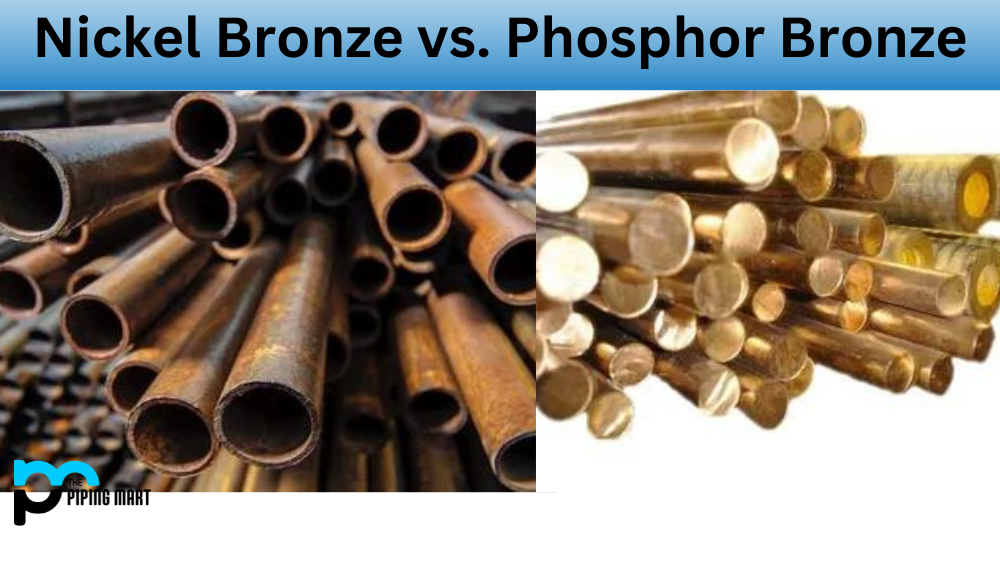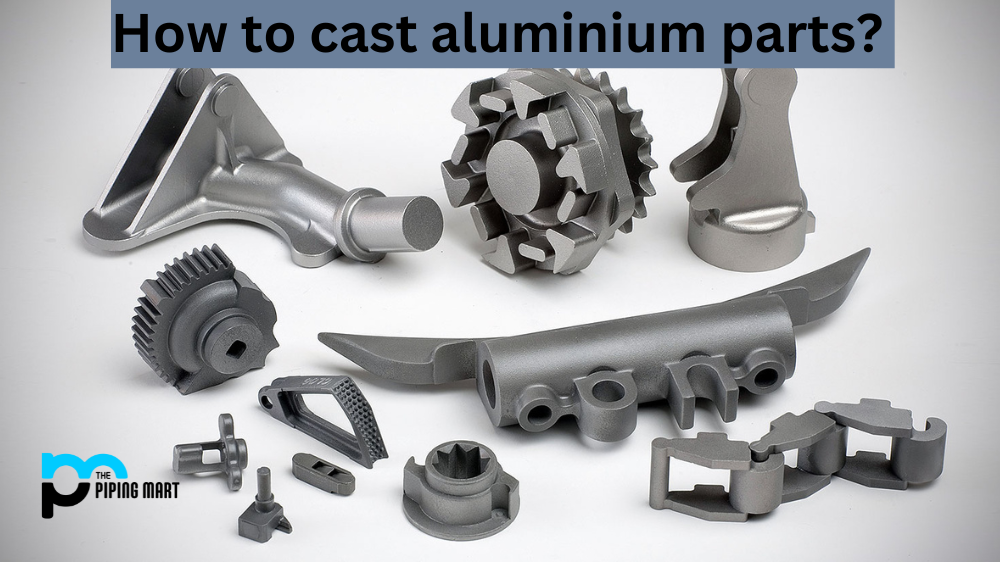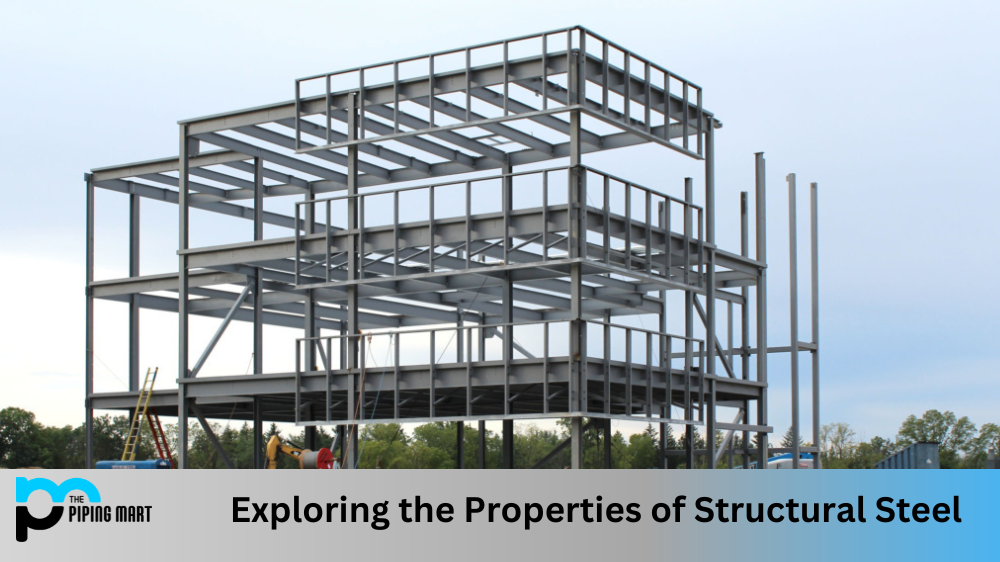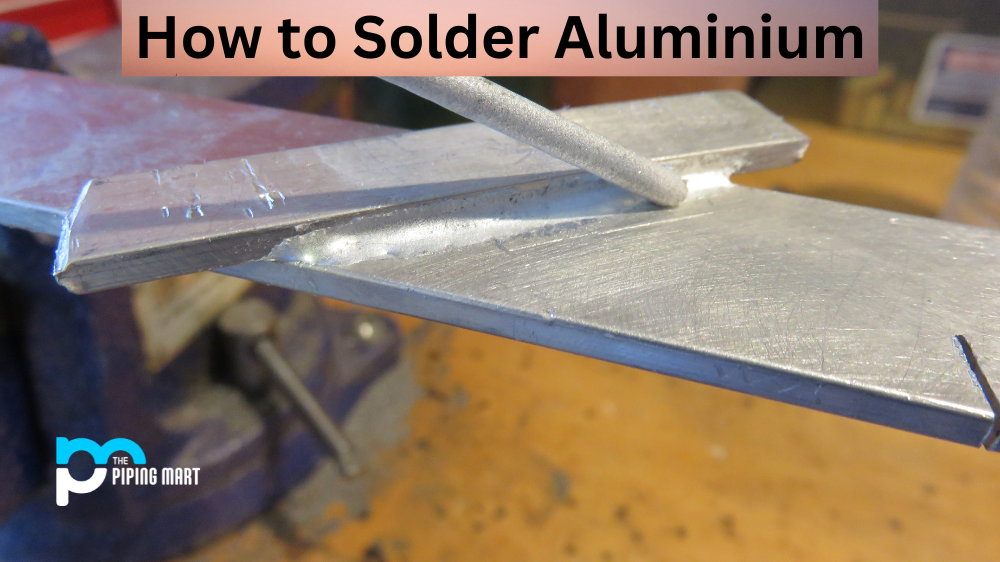Choosing the right material for your project can be a challenging task. For instance, when it comes to “bronze,” there are two popular materials to choose from – nickel bronze and phosphor bronze. Both have some similarities but also many notable differences. In this blog post, we will cover the key points of distinction between nickel bronze vs. phosphor bronze so that you can make an informed decision in no time.
What is Nickel Bronze?
Nickel bronze is a copper alloy that contains 5% to 10% nickel and relatively small amounts of iron and manganese. It has excellent machinability and can be used in various applications such as marine hardware, power transmission components, electrical connectors, and fasteners. Nickel bronze is resistant to corrosion and seawater due to its high nickel content. Additionally, it has superior physical properties, such as high strength and hardness, even at elevated temperatures.
What is Phosphor Bronze?
Phosphor bronze is another copper alloy that consists of tin (0.5-11%), phosphorus (0-2%), zinc (0-3%), and lead (0-3%), along with other elements in trace amounts. Compared to nickel bronze, phosphor bronze has better weldability and good ductility at room temperature or below. It is also known for its good strength at higher temperatures, making it suitable for applications like switch contacts, springs, wires, terminals, etc. Moreover, phosphor bronze has low electrical conductivity, making it a great choice for electrical components where current flow needs to be restricted or monitored accurately without any interference from external factors like temperature variations.
Difference Between Phosphor bronze and Nickel bronze
Composition
The main difference between nickel bronze and phosphor bronze is their composition. Nickel bronze contains nickel, while phosphor bronze contains phosphorus. This difference in composition gives each alloy different properties.
Properties
The different composition of nickel bronze and phosphor bronze also results in different properties. Nickel bronze is stronger and more durable than phosphor bronze, but it is also more susceptible to corrosion. Phosphor bronze is less strong and durable than nickel bronze, but it is more resistant to wear and tear.
Uses
Due to their different properties, nickel bronze and phosphor bronze are used for different purposes. Nickel bronze is typically used in the construction of bridges and other structures that are exposed to the elements, while phosphor bronze is typically used in the construction of bearings and gears.
Conclusion:
In this blog post, we went over what makes nickel bronze and phosphor bronze different from each other, such as their composition and characteristics. Depending on your specific requirements, one material may be more suitable than the other, so make sure you research carefully before making any decisions regarding these materials for your project’s needs! With this information, we hope you are better equipped to assess which material would work best for your application! Good luck!
Meet Heer, a dynamic and driven writer learning tricks of her trade in the metal industry. With a background in Digital Marketing, Heer brings a unique perspective to her writing, sharing valuable insights. Apart from blogging she like reading and hiking.




